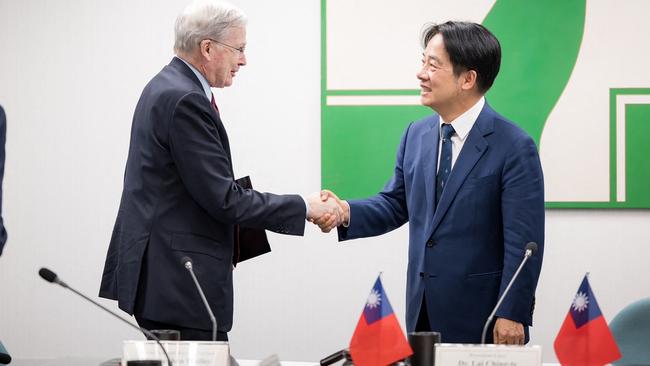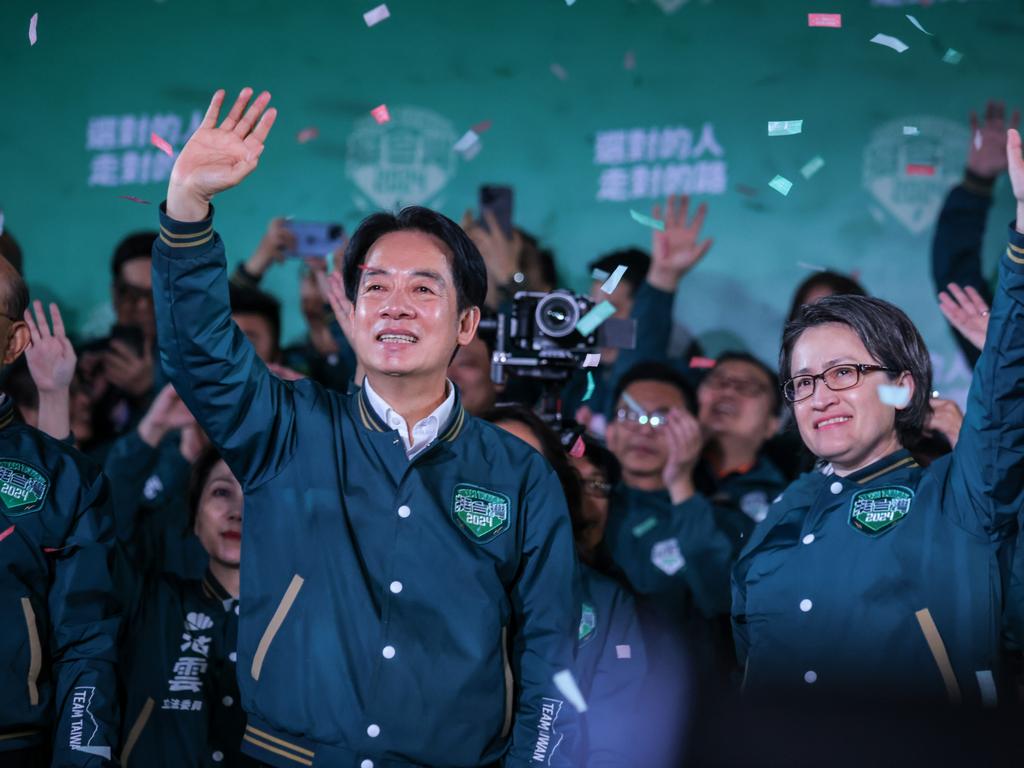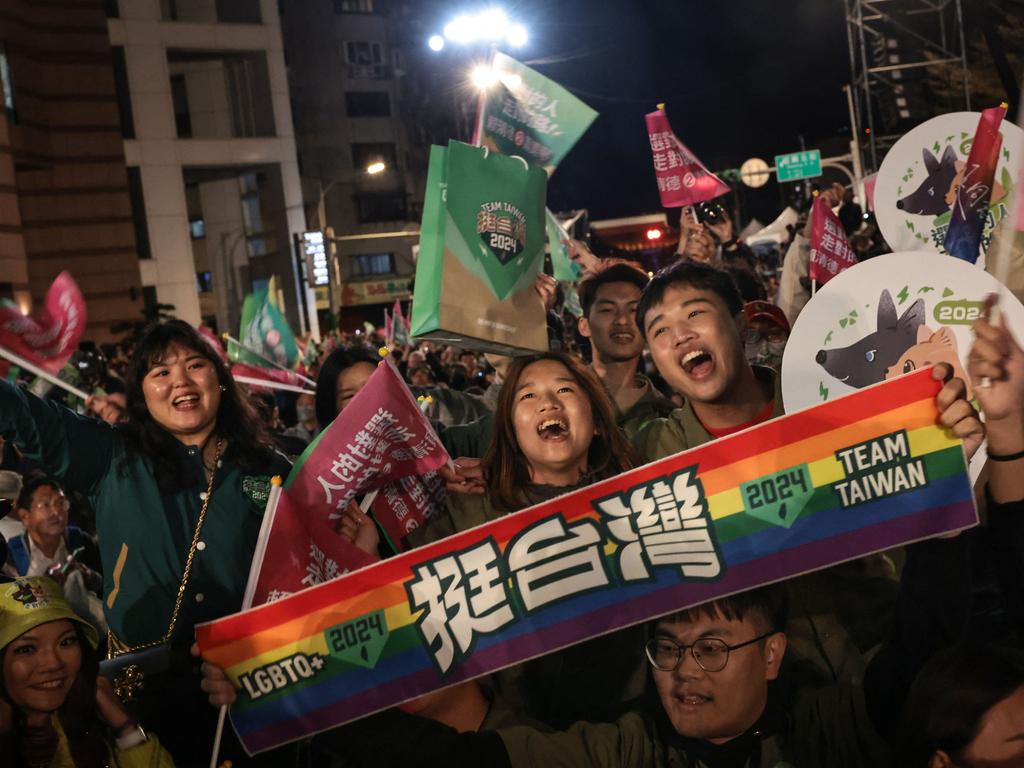Beijing warns Taipei of ‘harsh ‘punishment’ after Lai win
Foreign Minister Wang Yi sought to put Taipei and its major security backer Washington on notice.

China’s top diplomat has warned that any steps towards Taiwan’s independence would be “harshly punished”, as a senior US delegation arrived in Taipei to help president-elect William Lai navigate the tense five-month period before his inauguration.
In the most authoritative comments from Xi Jinping’s government since voters in Taiwan defied Beijing’s warnings and elected Mr Lai, Chinese Foreign Minister Wang Yi sought to put Taipei and its major security backer, Washington, on notice.
“If anyone on the island of Taiwan thinks of going for independence, they will be trying to split apart China’s territory, and will certainly be harshly punished by both history and the law,” Mr Wang said during a visit to Egypt.
“No matter what the results of the election are, they cannot change the basic fact that there is only one China and Taiwan is a part of it.”
Mr Xi’s top foreign policy official warned that any actions Beijing deemed to be moves towards formalising the self-governed democracy’s independence would “seriously jeopardise peace and stability in the Taiwan Strait region”.
Beijing has been relatively restrained in its initial response to the election of Mr Lai, who it denounced throughout the campaign as a “separatist” and a “troublemaker”. However, there are concerns China’s People’s Liberation Army may ramp up intimidating military drills ahead of his inauguration in May.
Mr Lai’s win means his Democratic Progressive Party will have an unprecedented third term as Taiwan’s presidential party. The party’s proudly Taiwanese identity infuriates Beijing and the Communist Party leadership worries it is working to formalise Taiwan’s independence from China.
Mr Xi’s government cut all contact with Taipei after Tsai Ing-wen, a moderate figure in the DPP, was first elected president in 2016.
On Monday, Mr Lai welcomed a delegation sent from Washington by President Joe Biden. “I am grateful for the strong support from the United States for Taiwan’s democracy, which demonstrates the close and solid partnership between Taiwan and the United States,” he said.
America is Taiwan’s most important security partner; however, its One China policy means it does not have official relations with Taipei. In an apparent effort at reassurance to Beijing, when asked to comment on Mr Lai’s election, Mr Biden said bluntly: “We do not support independence.”
Beijing seems to have taken comfort from the DPP’s loss of its majority in Taiwan’s parliamentary elections, which were also held on the weekend. The biggest opposition party, the Kuomintang, won 52 seats, while Mr Lai’s party won 51 seats and the upstart Taiwan People’s Party won eight seats. The result means during Mr Lai’s four-year term he will need the support of either opposition party to pass any legislation.
Beijing’s Taiwan Affairs office said the result showed the DPP “does not represent mainstream public opinion”, and that China remains set on “national unification”.
Following a fiery intervention by China’s most senior diplomat in Australia on the eve of Saturday’s election, Canberra called for calm from Beijing.
Ambassador Xiao Qian had warned that any “miscalculations” in Canberra’s ties with the next Taiwanese government would see the Australian people “pushed over the edge of an abyss”.
On Monday, Prime Minister Anthony Albanese gave his first congratulations to Taiwan’s president-elect. “We congratulate Mr Lai on his election, as we would have congratulated whoever came out of that democratic process,” the Prime Minister said, during an interview with the ABC.
“There was very high participation in that election, and it has resulted in Dr William Lai being elected.
“We’ll continue to work on what is an important relationship, consistent though with our longstanding and bipartisan One China policy that we have.”






To join the conversation, please log in. Don't have an account? Register
Join the conversation, you are commenting as Logout